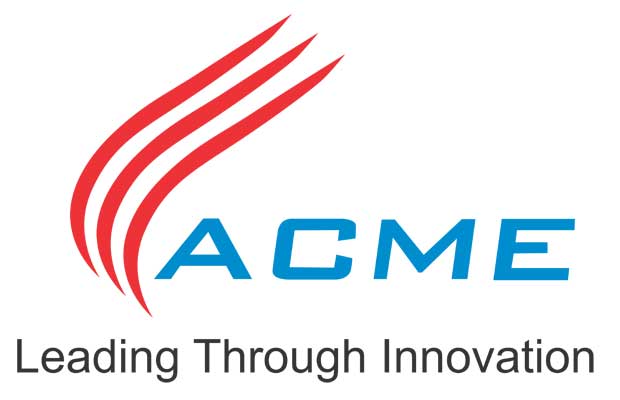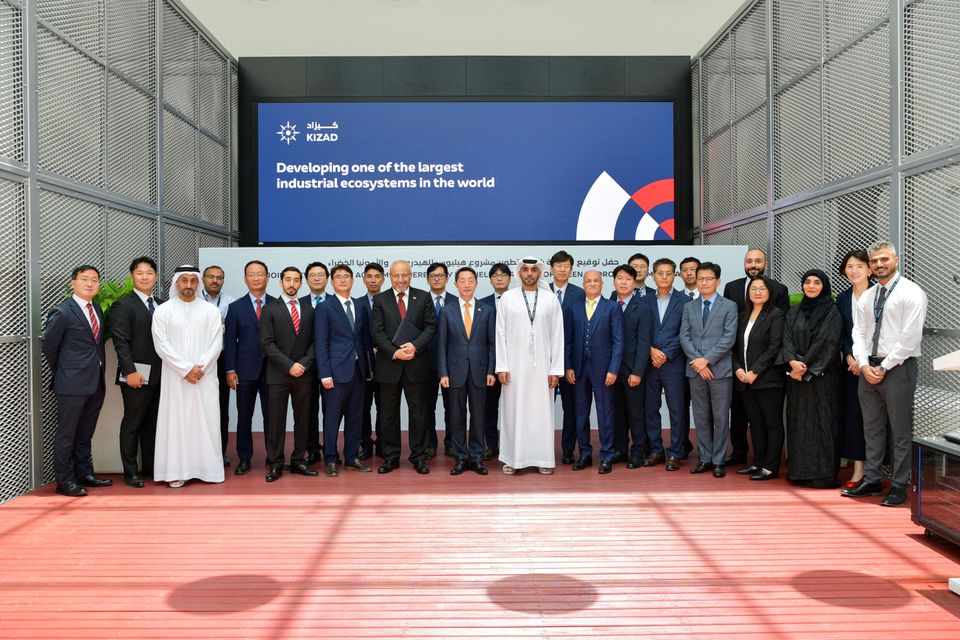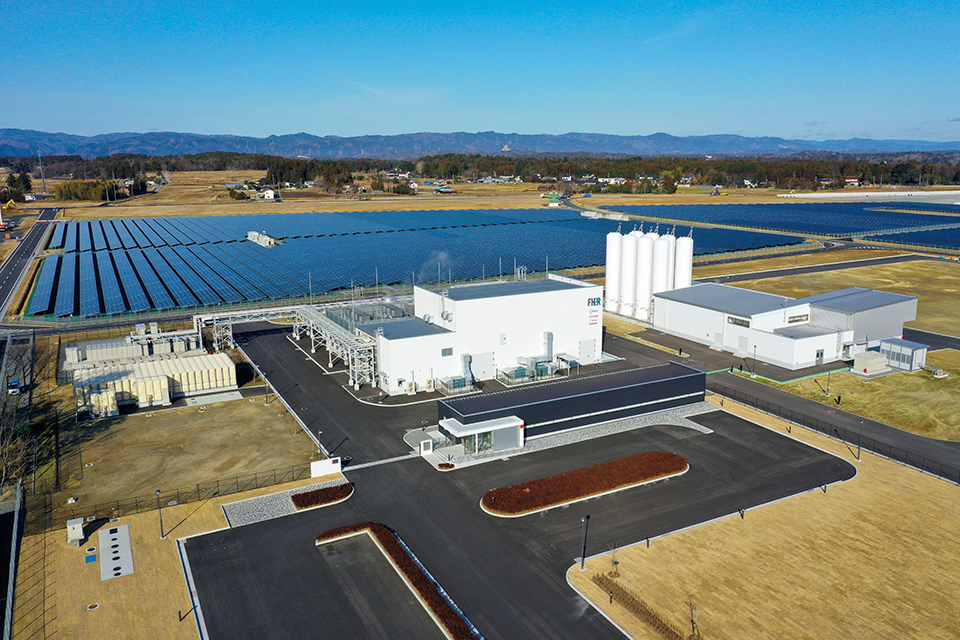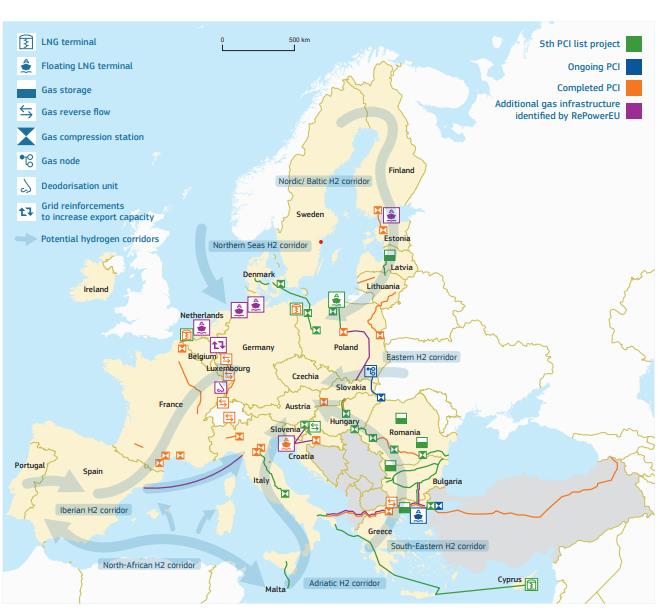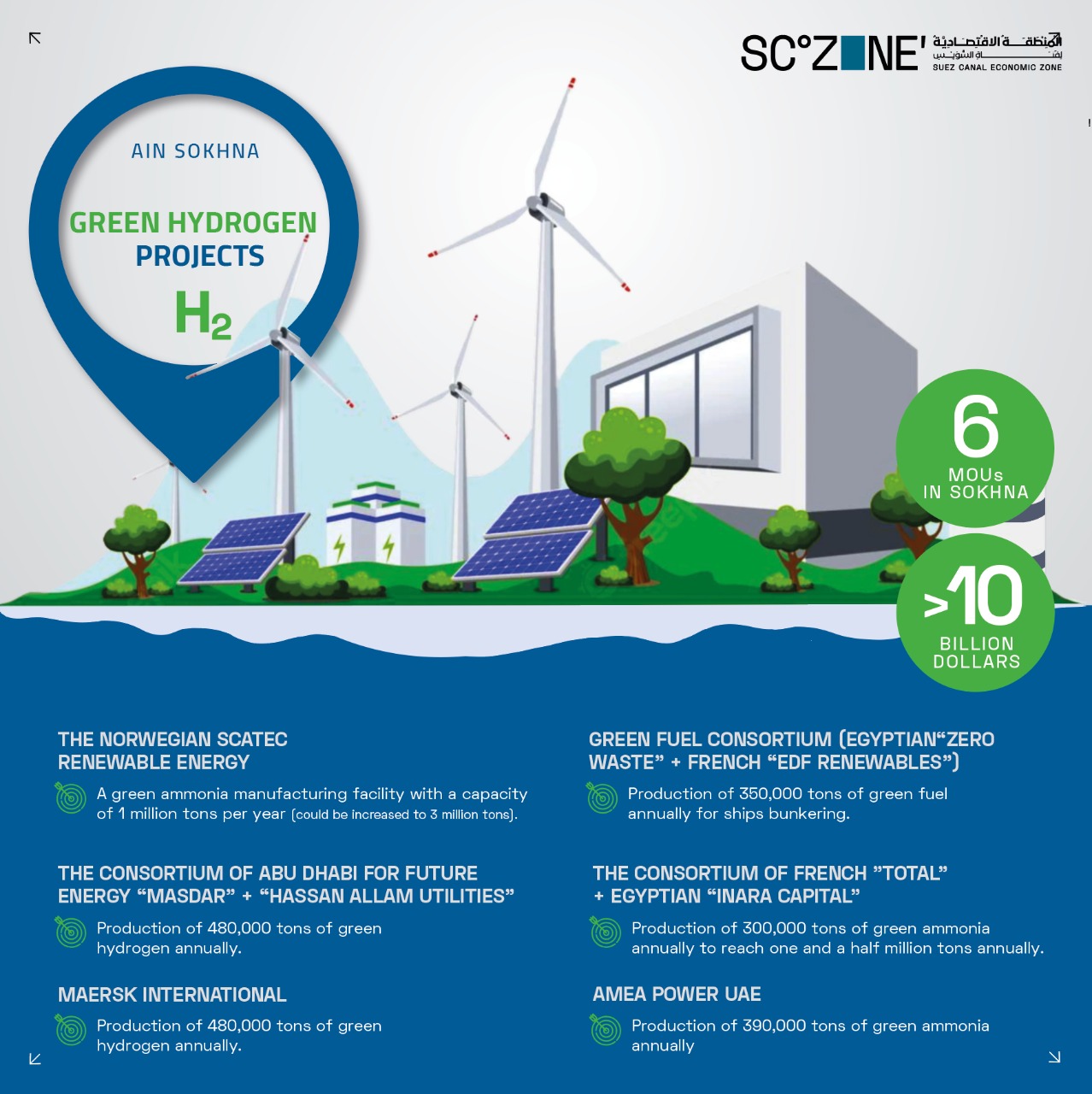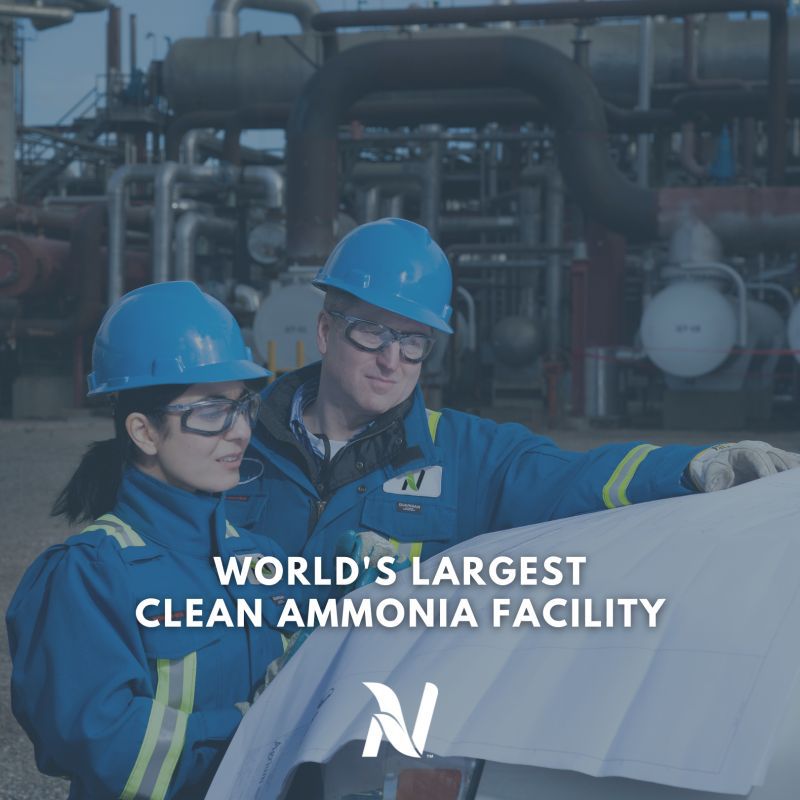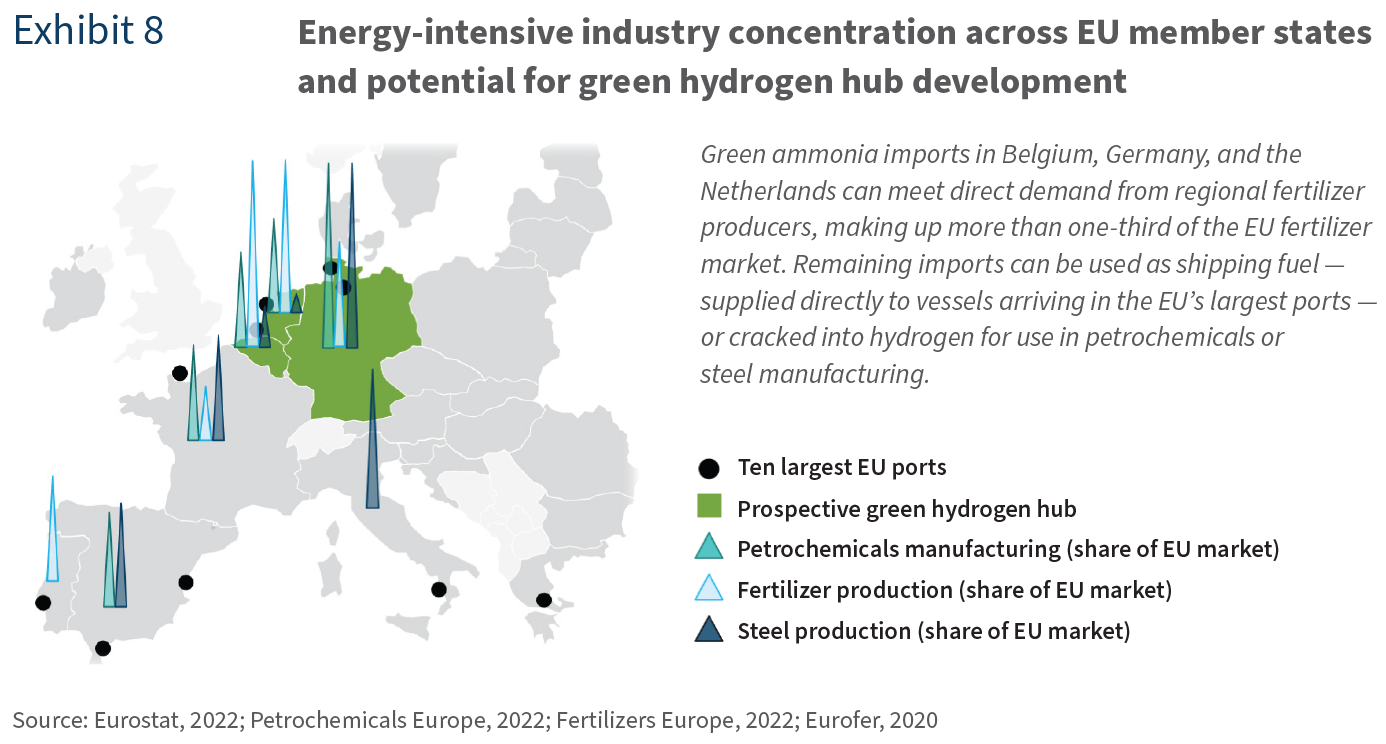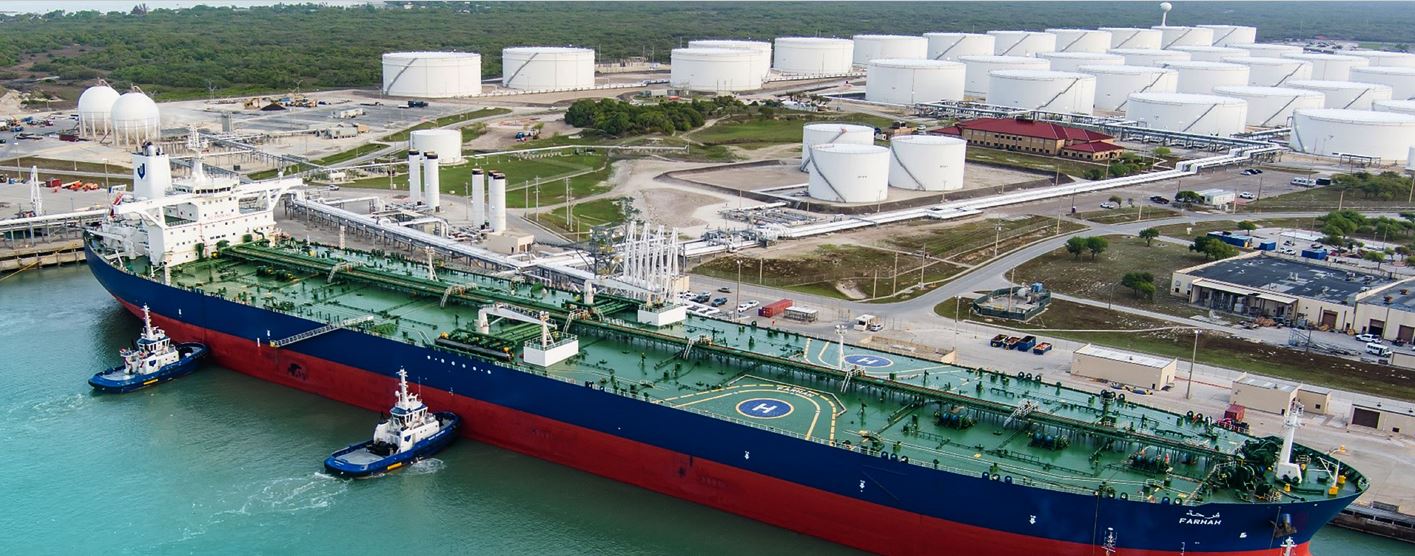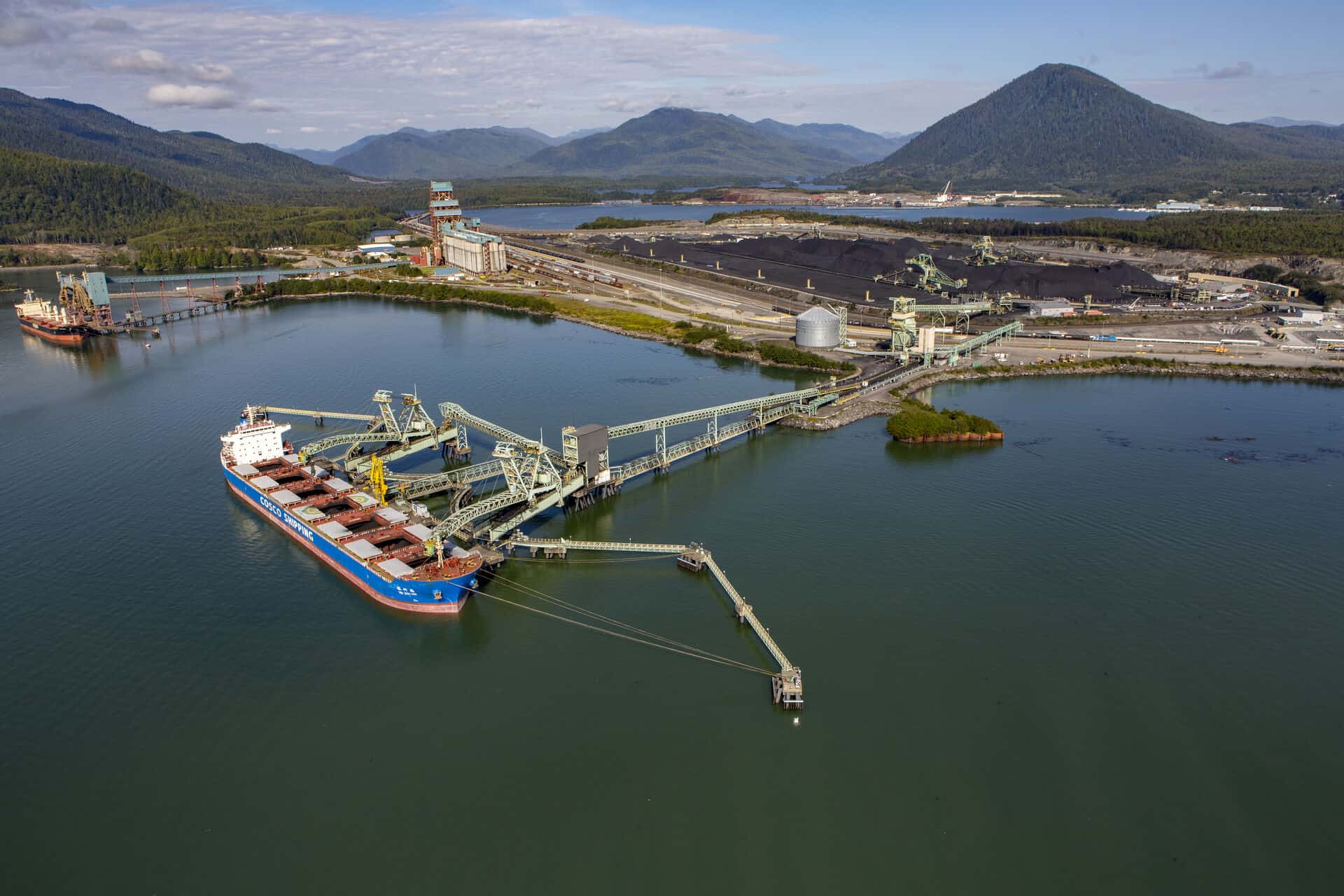ACME planning million-tonne-per-year renewable ammonia plant in India
ACME Group and the Government of Karnataka have signed a new MoU for a renewable hydrogen & ammonia project in southwest India. The $7 billion project will feature a 1.2 million tonne per year ammonia plant. Karnataka will sit alongside ACME’s renewable ammonia projects in Rajasthan (pilot-scale) and Oman (mega-scale). In related news, ACME signed a new MoU with NYK Line in late May for the latter to become the “strategic shipping partner” for its ammonia projects.
